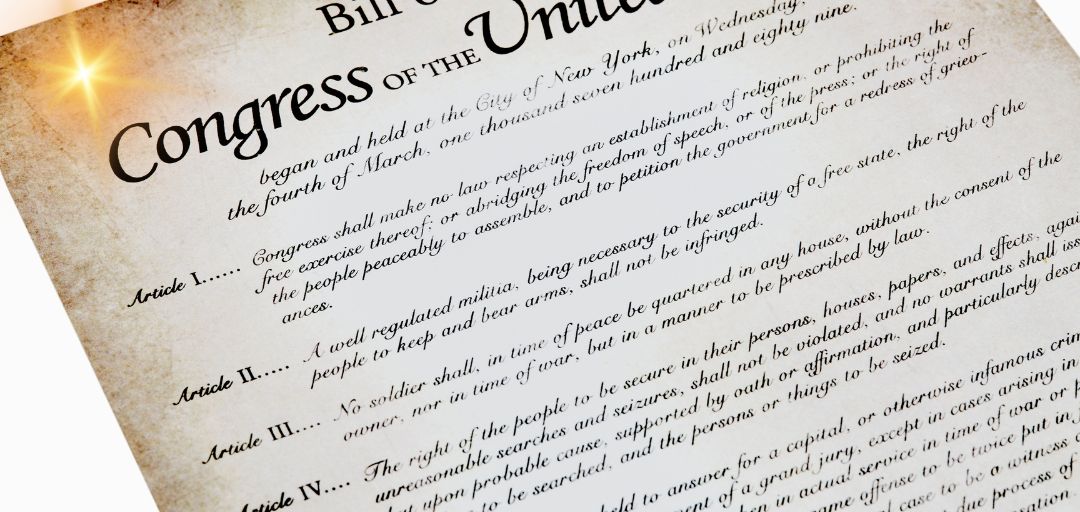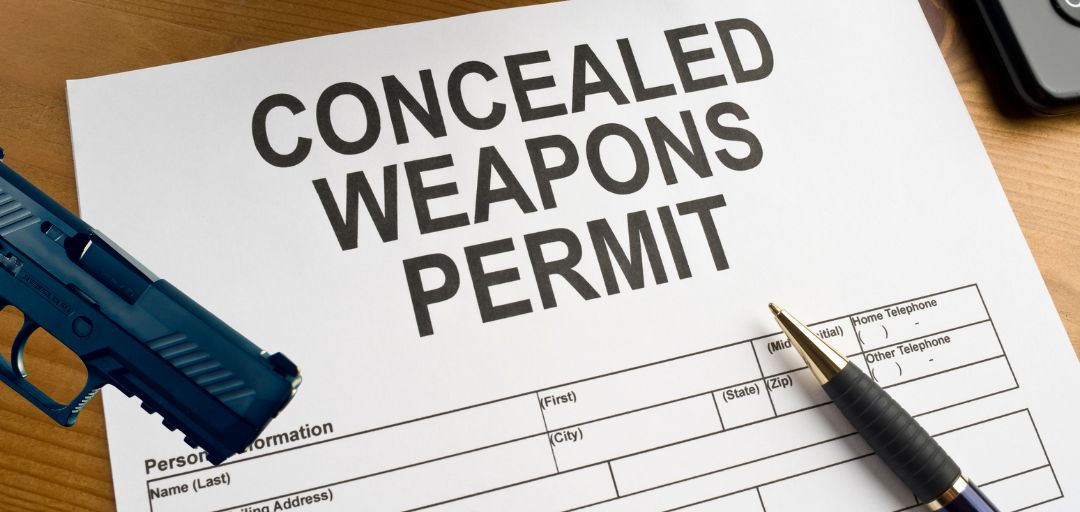In recent years, constitutional carry laws have gained significant traction in the United States. This legislative trend is reshaping the landscape of firearm ownership and carrying, granting individuals the right to carry firearms without the need for a government-issued permit. As of 2024, more than half of the U.S. states have adopted constitutional carry laws, with more states considering similar legislation. Understanding the nuances, benefits, and potential risks associated with constitutional carry is crucial for both advocates and critics of this legislation.
This blog post will dive deep into constitutional carry laws, their legal background, their implications for gun owners and law enforcement, and the states that have enacted them. We’ll also explore the ongoing debate surrounding these laws and what it means for the future of gun control in America.
What Are Constitutional Carry Laws?
Constitutional carry refers to state laws that allow individuals to carry firearms (either openly or concealed) without a government permit. This movement is based on the interpretation that the Second Amendment to the U.S. Constitution guarantees the right to bear arms without the need for additional government regulation.
Advocates for constitutional carry argue that the Second Amendment itself serves as a "permit" for law-abiding citizens to carry firearms. The term "constitutional carry" stems from this belief, with proponents viewing permit requirements as an unnecessary infringement on the right to bear arms.
States with constitutional carry laws allow individuals who meet certain criteria, such as age and legal status (non-felons), to carry firearms without a permit, while still restricting those who are prohibited from owning firearms under federal or state law.
The Evolution of Constitutional Carry in the United States
Historically, carrying a firearm in public required individuals to obtain a permit, often after undergoing background checks and firearms training. However, as the Second Amendment debate has evolved, so have the views on firearm carry regulations.
The trend toward constitutional carry began in Vermont, which has allowed permitless carry since the early 20th century. However, it wasn’t until the early 2000s that other states began to adopt similar laws. The movement gained momentum with the passage of constitutional carry in states like Alaska (2003), Arizona (2010), and Wyoming (2011). By 2024, over 25 states have adopted constitutional carry laws, with notable additions like Texas (2021) and Florida (2023).
For a complete list of states with constitutional carry laws, visit www.usconcealedcarry.com/resources/ccw_reciprocity_map.
Constitutional Carry vs. Permit Carry: Key Differences
While constitutional carry allows individuals to carry firearms without a permit, most states still offer permits for individuals who travel to states with reciprocity agreements. Reciprocity allows states to honor concealed carry permits from other states, meaning someone from Florida with a concealed carry permit can legally carry in a state like Georgia, which has a reciprocity agreement with Florida.
However, constitutional carry has its own set of legal complexities, such as:
- State-specific restrictions: Even in constitutional carry states, certain places like schools, government buildings, and private businesses may prohibit firearms.
- Training requirements: While many constitutional carry states do not mandate training for permitless carry, individuals seeking concealed carry permits for reciprocity purposes often need to complete training courses.
- Age restrictions: Most states with constitutional carry laws restrict permitless carry to individuals over the age of 21, although some states allow it for those 18 and older.
The Benefits of Constitutional Carry Laws
1. Streamlining the Carry Process
Constitutional carry simplifies the process of carrying a firearm. Under previous laws, obtaining a permit could involve significant wait times, fees, and bureaucratic hurdles. Permitless carry removes these barriers for law-abiding citizens, allowing them to exercise their Second Amendment rights without interference.
2. Promoting Self-Defense
Supporters argue that constitutional carry enhances individuals' ability to protect themselves and their loved ones. By allowing citizens to carry firearms without permits, they have quicker access to self-defense options in public.
3. Reducing Government Involvement
Many constitutional carry advocates believe that government regulations on firearm carry are an overreach. By eliminating the permit requirement, constitutional carry laws reduce government involvement in firearm ownership and exercise of the Second Amendment.
Potential Concerns and Criticisms
1. Lack of Training
One of the most significant concerns about constitutional carry is the potential for individuals to carry firearms without adequate training. Critics argue that carrying a firearm in public requires a certain level of proficiency, and without mandatory training, individuals may not be equipped to handle firearms responsibly.
While some states encourage voluntary training, others rely on the assumption that responsible gun owners will seek out training on their own. For example, states like Arizona offer voluntary concealed carry permits that require training, but do not mandate it for constitutional carry.
2. Public Safety Risks
Critics of constitutional carry laws often cite concerns about public safety, suggesting that more firearms in public spaces could lead to increased gun violence or accidental shootings. Some law enforcement agencies have expressed apprehension about permitless carry, as it could make their jobs more challenging, particularly when determining whether an individual is legally allowed to carry a firearm.
3. Legal Confusion
Constitutional carry laws can create confusion for both gun owners and law enforcement, especially in states where some forms of carry require a permit while others do not. For example, a gun owner in Texas may not need a permit to carry within the state but would require one when traveling to another state with different laws.
For more information on the pros and cons of constitutional carry, visit www.nraila.org/articles/constitutional-carry.
States That Have Adopted Constitutional Carry
As of 2024, the following states have adopted constitutional carry laws:
- Alabama
- Alaska
- Arizona
- Arkansas
- Florida
- Georgia
- Idaho
- Indiana
- Iowa
- Kansas
- Kentucky
- Maine
- Mississippi
- Missouri
- Montana
- Nebraska
- New Hampshire
- North Dakota (Residents only)
- Ohio
- Oklahoma
- South Dakota
- Tennessee
- Texas
- Utah
- West Virginia
- Wyoming
For an updated list of constitutional carry states, you can visit https://southerndefense.com/laws/.
The Ongoing Debate
The constitutional carry movement has sparked a national conversation about the balance between gun rights and public safety. Supporters argue that removing permit requirements is a step toward restoring Second Amendment rights, while critics warn of the potential consequences of more firearms in public spaces without mandatory training or vetting.
One of the most contentious legal battles has occurred in New York, where the state has attempted to impose stringent carry restrictions following the Supreme Court's decision in Bruen v. New York State Rifle & Pistol Association (2022), which struck down certain permit requirements as unconstitutional. New York’s response has been to label nearly all public spaces as "sensitive areas," where firearms are prohibited, a move that has led to ongoing litigation (bearingarms.com).
Conclusion: Is Constitutional Carry the Future?
As more states embrace constitutional carry, the debate over the Second Amendment and firearm regulations is likely to continue. While these laws make it easier for law-abiding citizens to carry firearms without a permit, they also raise questions about public safety, law enforcement challenges, and the role of government in regulating gun ownership.
For those living in or traveling to constitutional carry states, it is essential to stay informed about local laws and restrictions. While the freedom to carry without a permit is expanding, so too are the responsibilities that come with exercising this right. Always ensure that you are up to date on the legal requirements and best practices for safe, responsible firearm ownership.
For more resources on constitutional carry, visit www.usconcealedcarry.com and www.nraila.org.



